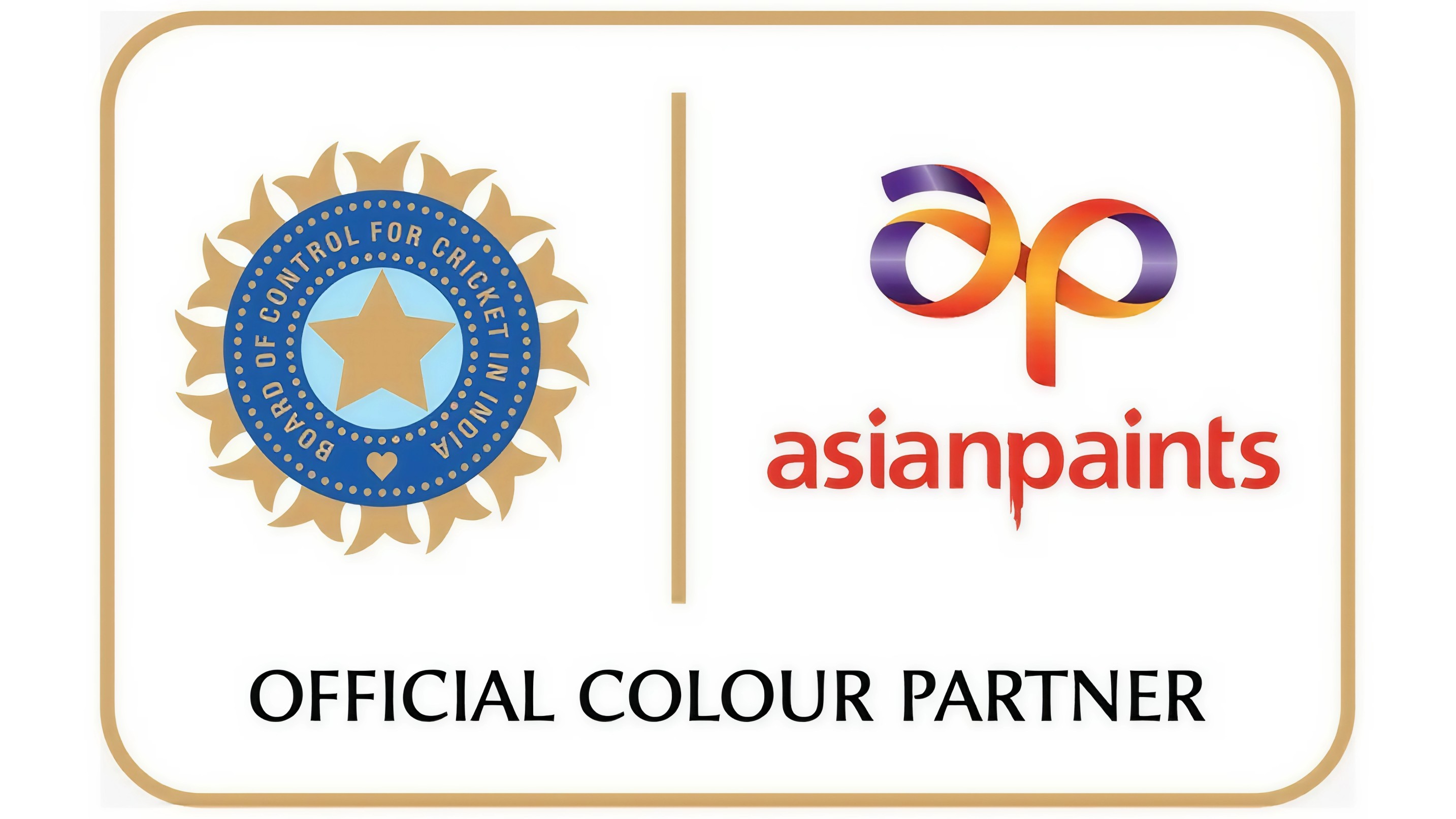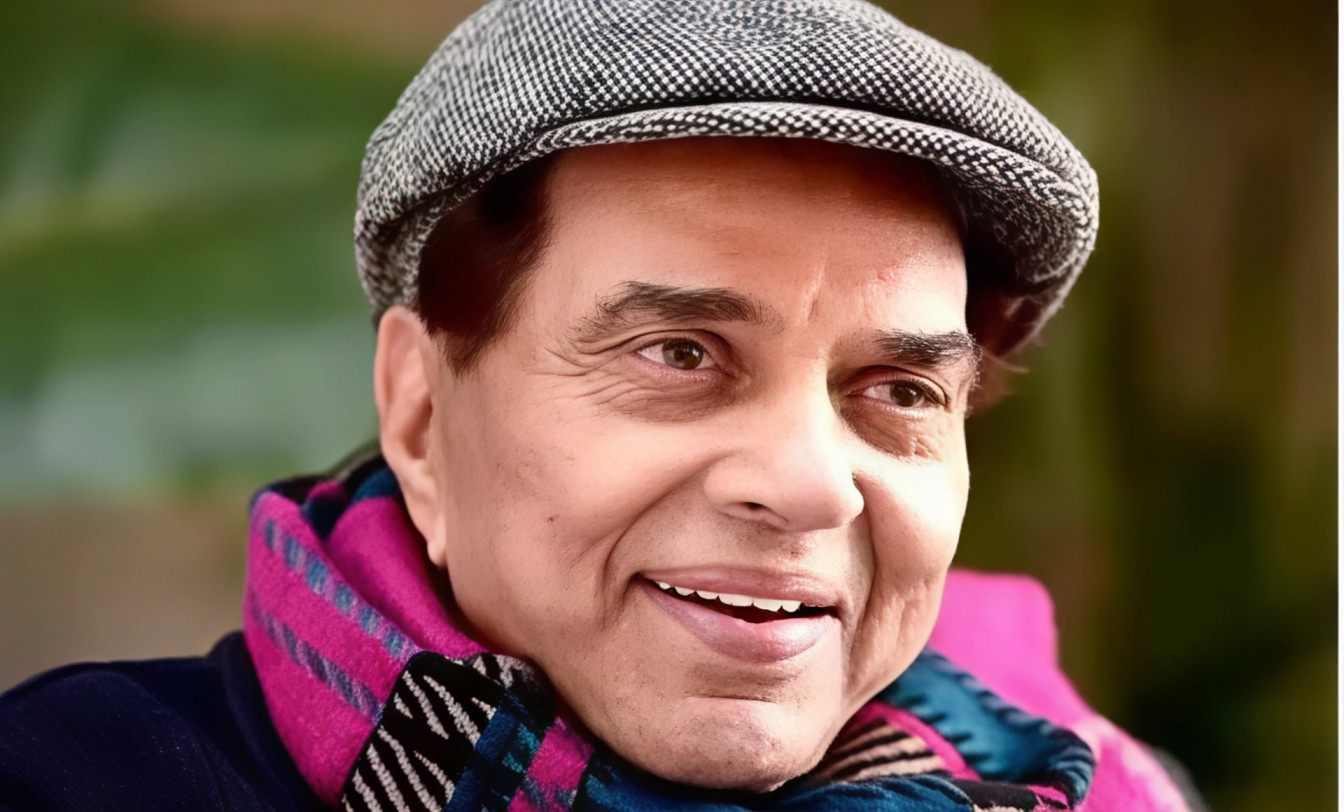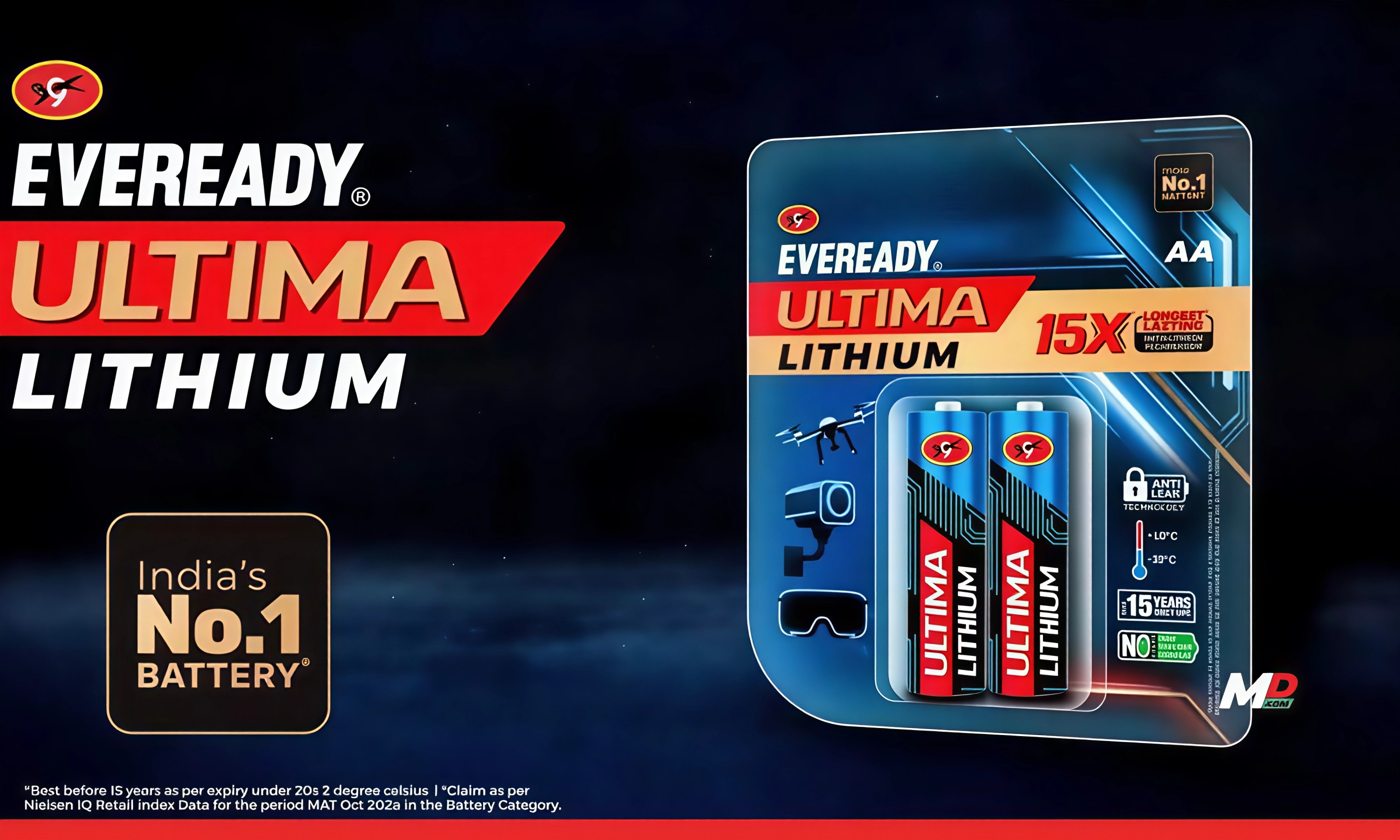Fitness brand The Whole Truth has found itself at the center of an online controversy after fitness influencer Akash Yadav accused it of misleading consumers over sugar content and product positioning. The public exchange unfolded through Instagram, where Yadav posted a video calling out the brand’s Beginner Protein product and protein bars, claiming they contain high levels of added sugar and are inappropriately marketed toward families and children.
In the video, Yadav argued that 4.3 grams of added sugar per scoop was excessive for women, diabetics, and sugar conscious consumers. He also raised concerns about how the protein bars were being presented, suggesting they were being sold as appropriate snacks for a younger or general audience. Yadav, known for sharing nutritional breakdowns and fitness product insights, urged transparency and claimed that the brand was not living up to the ideals it publicly champions.
In response, Shashank Mehta, founder of The Whole Truth, issued a detailed rebuttal. He stated that the added sugar Yadav referred to comes from jaggery and is prominently labeled on the front of the product. Mehta clarified that the specific product in question was their Beginner Protein, which contains 15 grams of protein per scoop and is not part of their advanced fitness range. He also emphasized that other protein variants under the brand offer 24 to 30 grams of protein per scoop with zero added sugar, tailored specifically for serious fitness users.
ADVERTISEMENT

Mehta also challenged the accuracy of the serving size Yadav used in his critique, stating that Yadav presented a 100 gram serving to amplify the sugar quantity, even though a standard scoop is much smaller. Regarding the protein bar positioning, Mehta dismissed the accusation, saying the product makes no claims about being suitable for children or family consumption and that the influencer's claims lacked a factual basis.
Further addressing label concerns, Mehta explained that ingredients like cocoa nibs and cocoa powder are pure chocolate derivatives and are declared on packaging as per food regulations. He maintained that the brand has remained compliant and transparent in its ingredient disclosure practices.
Not one to step back, Yadav stood by his statements, pointing out that the product states it is suitable for everyone and again referred to the sugar content as too high. He challenged Mehta’s assertions and urged him to review the claims being made on product labels and official platforms. Yadav insisted that the issue was not about targeting the brand unfairly but about holding companies accountable to the standards they promote.

This heated exchange has caught public attention as it raises broader questions about labeling practices, sugar visibility, and how wellness brands communicate their product value. In an era where consumers are increasingly aware of nutritional content and wary of health marketing jargon, clarity and transparency remain crucial. Both voices in this debate represent the changing expectations of audiences who not only look at what products promise but also at how brands respond under scrutiny.
ADVERTISEMENT
With the conversation continuing to unfold on social media, the incident underscores the growing role influencers play in shaping public dialogue around health products. Whether the debate resolves amicably or leads to a deeper industry reckoning remains to be seen. What is clear is that modern consumers demand honesty, and they are paying close attention.
Follow Tech Moves on Instagram and Facebook for more real brand stories, product insights, and updates that matter.
















